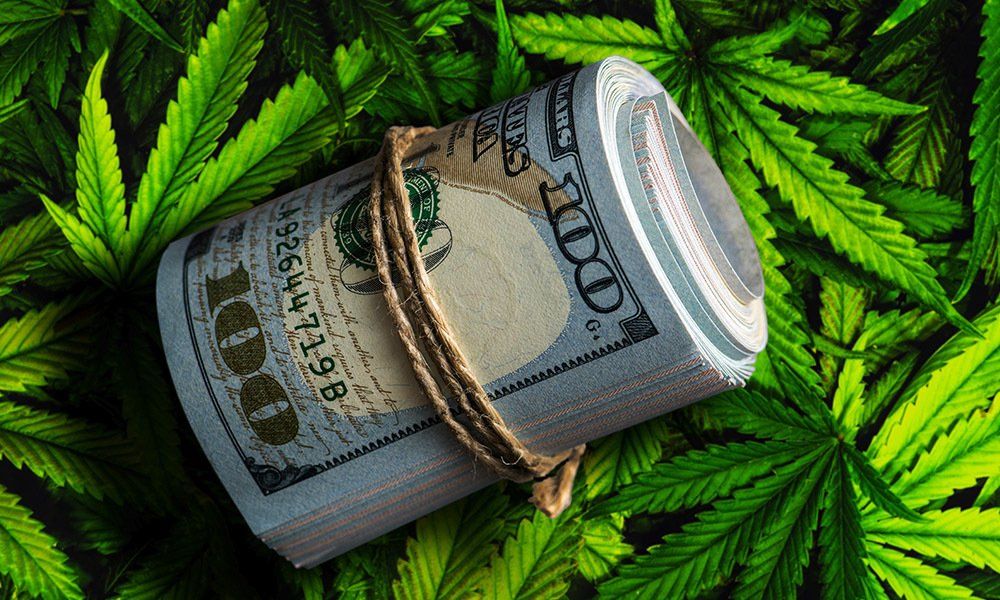Cannabis Legal States And Economic Growth
In the last decade, several states have legalized cannabis for medical and recreational use. Following the last election, all but two states have some form of medical cannabis, while 15 have also allowed it for recreational use too. While regulations vary greatly from state to state, cannabis legal states have seen some significant economic benefits. Let’s take a closer look.

Legal Cannabis
What constitutes legal cannabis depends on the state. A majority of states in the US have legalized the plant for medical purposes. In other words, you need to have a doctor’s recommendation to enter a dispensary and buy cannabis. Every state has its own laws. For instance, legal medical cannabis products can’t have more than 5% THC. In medical-only states, you cannot purchase any cannabis products for recreational purposes.
In states that allow both medical and recreational cannabis, you still need a doctor’s recommendation to go into a medical dispensary. Adults 21 and older can enter a recreational dispensary to buy cannabis. Again, these states have several laws that state how much you can buy, how much you can grow, and where you can (and can’t) use your products.
Economic Effects Realized By Cannabis Legal States
Legalizing cannabis has had some significant economic effects on states throughout the country. In particular, these states have seen their economies grow. Let’s take a look at some of the benefits legal cannabis has provided:
Bringing in New Residents
One thing that legalizing cannabis has done is encourage new residents. When cannabis was legal in only a handful of states, many people moved to where they could get what they needed to manage various health conditions. Even today, people are deciding to move where they can get the products they want or need. New residents mean that more people are spending money in a given state.
Creating Jobs
Legalizing cannabis opens up numerous job opportunities. Dispensaries need owners and budtenders. States need qualified people to grow cannabis, transport it, transform it into a variety of products, and more. Opening up new jobs means that more people can work. As they earn money, they’ll put it back into the economy.
Additional Tax Revenue
If you’ve ever purchased recreational cannabis before, you’ve no doubt noticed that it comes with some pretty hefty taxes. The exact taxes vary between states, with many charging some combination of sales, excise, and cultivation tax.
Every state also determines how they want to use the taxes they generate via cannabis sales. For instance, California uses 60% of the revenue to support youth drug prevention and treatment programs. The other 40% is evenly split between environmental protection programs and the reduction of health and safety concerns. In Maine, the money goes into a general fund that the state uses to support educational services and train law enforcement teams.
Will Cannabis Ever Become Legal at the Federal Level?
Even though more and more states are legalizing cannabis, it remains illegal on the federal level. There have been several efforts to change this, but it hasn’t happened yet. Several lawmakers support full federal legalization, but there’s enough opposition still that it may not happen for a while. Only time will tell. What we do know is that legalizing cannabis can have some significant impacts on economic growth.
SHARE:











